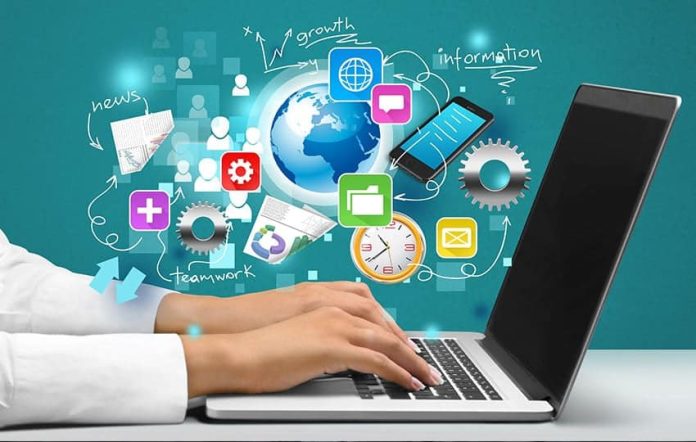In today’s increasingly digital world, the acquisition of digital skills has become paramount for students’ success. The Harbinger recently sat down with Dr. Emily Carter, an esteemed expert in education and technology, to delve into the importance of digital skills for students and how they can navigate the digital landscape effectively. Dr. Carter’s insights shed light on the critical role these skills play in shaping students’ futures.
The Harbinger: Dr. Carter, thank you for joining us today. To kick things off, could you explain why digital skills are more important than ever for students?
Dr. Emily Carter: It’s a pleasure to be here. Digital skills have become indispensable for students for several reasons. Firstly, they are vital for academic success, as students often need to use digital tools for research, collaboration, and communication. Moreover, in the workforce, these skills are in high demand across various industries. The ability to navigate technology efficiently is no longer optional—it’s an essential aspect of employability.
The Harbinger: Can you elaborate on the specific digital skills that students should prioritize in their education?
Dr. Carter: Certainly. At a minimum, students should focus on basic digital literacy, including proficiency in using common software and navigating the internet safely. Beyond that, coding and programming skills are increasingly valuable, as they enable students to create, problem-solve, and understand the foundations of technology. Digital communication and collaboration tools are also crucial, as they prepare students for the modern workplace where remote teamwork is commonplace.
The Harbinger: How can educational institutions best equip students with these digital skills?
Dr. Carter: Educational institutions need to integrate digital skills into their curricula comprehensively. This includes offering courses on digital literacy, coding, and technology use. Moreover, they should provide access to technology and software, offer support services, and encourage extracurricular activities related to digital skills. The key is to create an environment where students can experiment, learn, and adapt to emerging technologies.
The Harbinger: With the fast pace of technological change, how can students stay up to date with their digital skills?
Dr. Carter: That’s an excellent point. Technology evolves rapidly, so it’s crucial for students to embrace lifelong learning. They should actively seek out new information, resources, and online courses. Additionally, staying engaged with tech communities, attending conferences, and networking with professionals in the field can help students remain current and adaptable in the ever-changing digital landscape.
The Harbinger: How do you see digital skills influencing the future job market?
Dr. Carter: Digital skills are a game-changer in the job market. They not only open up a wider array of career opportunities but also make individuals more resilient to economic shifts. As automation and digitalization continue to reshape industries, those with strong digital skills will be better positioned to find stable employment and contribute to innovation.
The Harbinger: Thank you, Dr. Carter, for your valuable insights into the importance of digital skills for students. It’s clear that these skills are essential for their academic and professional journeys.
Dr. Emily Carter: My pleasure. It’s been a pleasure discussing this vital topic. I encourage students to embrace digital skills as a powerful tool for their future success.




